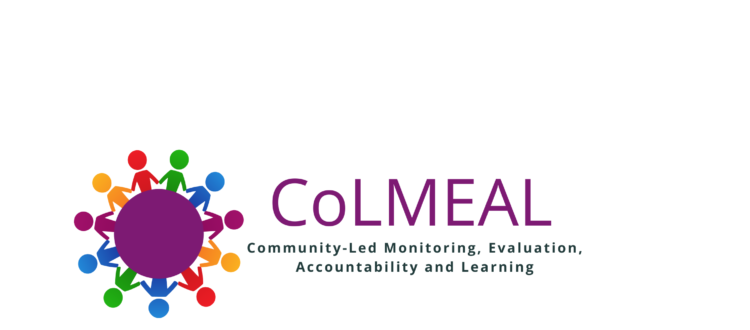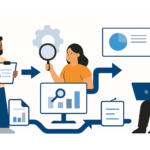CoLMEAL: Why it helps development
What’s missing in current MEAL practices
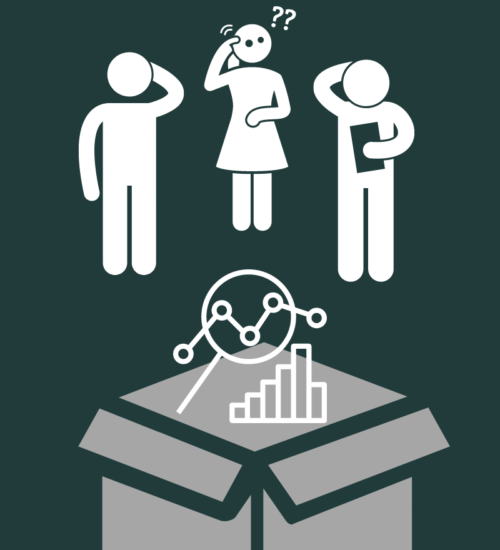
It is now common practice within international development programing to include strong community consultation processes for designing programs and projects. Increasingly the strengthening of community structures and groups are becoming the focus of development approaches as part of program/project implementation. However, Monitoring, Evaluation, Accountability and Learning practices continue to be donor and organization driven. Most often the data collection approach, tools and processes are driven by, and owned and used by, Headquarter organizations and staff. The learning and data sharing process also tends to be driven by and coordinated by those outside the community.
While data validation meetings are considered best practice in current MEAL practices, there is a gap in understanding of the technical indicators used that are not chosen by or explained sufficiently to community stakeholders. If data is presented back to the community, it is often a check-box exercise; it is not grounded in the community’s understanding of measurements of changes that are important to them or in ways that make sense to them and thus the use of this data by community stakeholders is limited.
Sign up for the free “What is CoLMEAL?” webinar February 9 at 1pm EST.
How CoLMEAL can improve on current participatory MEAL practices
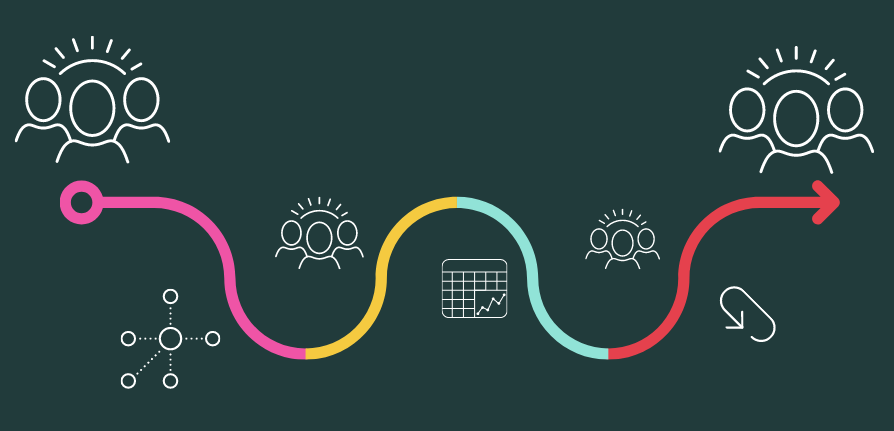
In this era where donors and organizations are becoming more aware and committed to decolonizing aid, CoLMEAL is an essential (and often missing) piece to participatory development approaches. CoLMEAL catalyzes sustainable community development by:
- Being grounded in Community-Led Development philosophy. It takes the best practice of mobilizing communities to design community projects to the next level and builds their capacity to identify measures of success, gather evidence and reflect themselves to further improve their communities.
- Promoting inclusion. Community members including women, girls and the most marginalized are the ones who lead the MEAL processes from end-to-end, including understanding their Theory of Change, developing and understanding indicators, data collection, analysis, sense-making, use and dissemination. The approach engages a wide group of stakeholders in the community and is not limited to just the existing hierarchies of power or community groups organized by an external organization.
- Promoting good governance. The CoLMEAL approach fosters positive, mutual relationships between duty bearers and citizens to work together to achieve local development plans and goals. Stakeholder analysis, an essential, foundational step in the process, helps to identify all key players and prompts project staff to analyze how the development and governance structures are working (or not working). Strengthening the trust within these networks enables greater collaboration towards common aims. The improved flow of validated information between stakeholders can often aid in implementing or improving government policies. Testimonials from pilot sites include local officials being appreciative for having reliable information for decision-making, planning and budgeting.
- Ensuring decisions are made by those who are most affected. Traditional MEAL is often designed by people external to the context, usually external to the country itself. While processes and tools may work in one context, it may not be well understood or applied effectively in another. Disconcertingly, the majority of information collected for a project often is not used, or shared with other community stakeholders, especially not in a way that is meaningful to the community members themselves. In the CoLMEAL approach, the indicators for tracking project impact are designed and developed by Community MEAL Committees in order to measure change milestones that are relevant to the community. Existing information is strengthened and used to meet data needs. Additional MEAL tools are kept to a minimum and are fit for purpose. Rubrics and tables help with data analysis, which makes analysis easy for people with low literacy to complete and understand. This gives them the confidence to advocate for the improvements needed to leaders in the community and government officials.
Pilot experiences in CoLMEAL have shown that by engaging community members in meaningful leadership roles (in relation to MEAL processes) catalyzes the development process to more efficiently and quickly achieve program/project goals.
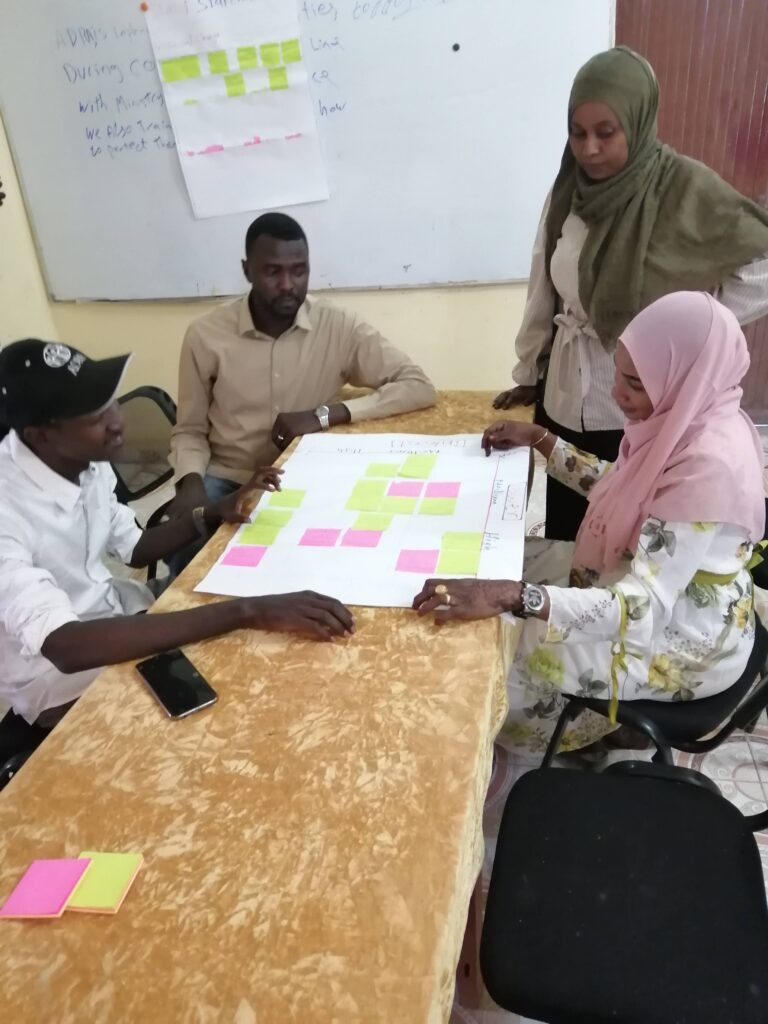
Want to learn more? Stay-tuned for our next post “The Benefits and Challenges of CoLMEAL”. Join our mailing list below or follow us on LinkedIn so you don’t miss the next update!
If you have any questions about CoLMEAL leave them at the bottom of this post, or join our discussion on LinkedIn!
Read the full CoLMEAL article series
- CoLMEAL: What is it and should you use it
- Why CoLMEAL can help development
- The Benefits and Challenges of CoLMEAL
- Is your organization ready for CoLMEAL? (coming soon!)

